Foreign trade brings European consumers more choice, higher quality goods and lower prices. International trade also strengthens the competitiveness of Europe's businesses, while harnessing sustainable development worldwide.
Over 600,000 small businesses in Europe export goods and services to the rest of the world and each has its own story to tell.
The benefits for exporters and importers are numerous, as the following case studies show.
Filter by
Exporters' stories (139)
RSS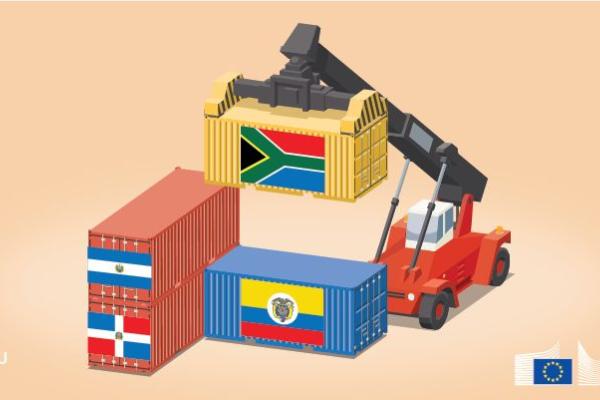
The 2013 EU trade deal with Colombia has contributed to the international success of German solar panel company, IBC Solar. EU trade agreements reduced customs duties and bureaucratic burdens that previously made some markets inaccessible, increasing turnover in Colombia and other countries.

The trade agreement with Colombia has gradually reduced tariffs for Kaeser's products, helping the German firm to expand into the market.

With a solar panel system and Sonnen's smart energy storage, households can cover up to 80 per cent of their energy needs with self-produced power.

The 2011 EU-South Korea trade deal abolished customs duties between the two partners. This allowed German firm, Meypack to cut the price of its food packaging machines in South Korea by 8%, leading the value of its annual exports there to rise to over €2.4 million.
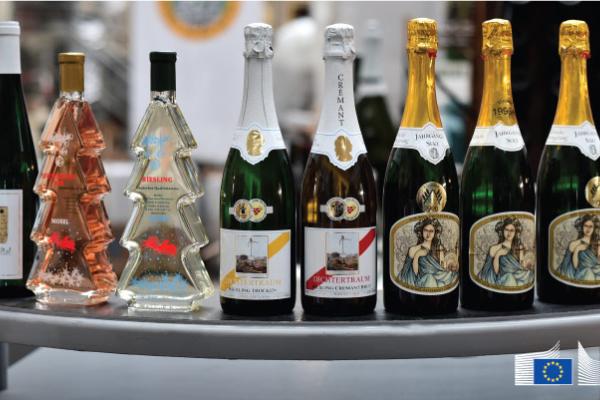
The 2011 EU-South Korea trade deal abolished customs duties between the two partners. This enabled German wine producer, Saar-Mosel-Winzersekt GmbH (SMW), to increase the number of bottles exported to South Korea by a multiple of 50. The company’s turnover has also increased by roughly 45%.

When it comes to the Japanese market, the reduction of import duties matters – even for large companies such as Germany’s BASF, which has been supplying chemicals to Japan for over a century.

The EU’s trade agreements ensure that Chios masticha’s status as a Geographical Indication is recognised in many important markets around the world.
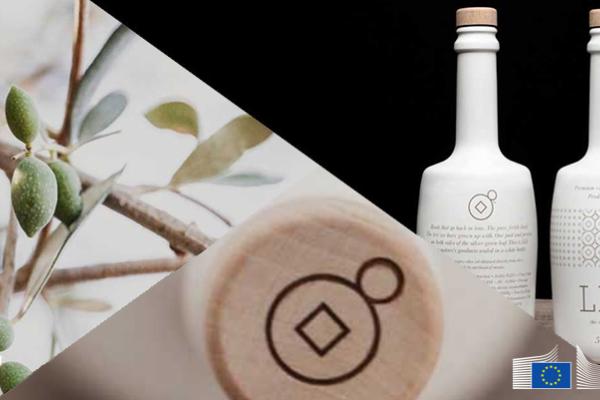
Awarded first place in several international olive oil competitions, LIÁ is an internationally recognised natural Extra virgin olive oil (EVOO) from Filiatra, a picturesque town in Messenia, Greece.
CETA has eliminated the tariffs of more than 15% on the exports of Naturtex’s products from Hungary to Canada. This means that Naturtex can offer better prices to consumers in Canada, compete more successfully against local or Asian producers and by that, increase sales.

Improved access for EU companies to New Zealand public procurement contracts will remove barriers to mutually beneficial cooperation for companies like Adaptive Recognition, which makes components for traffic and security systems.
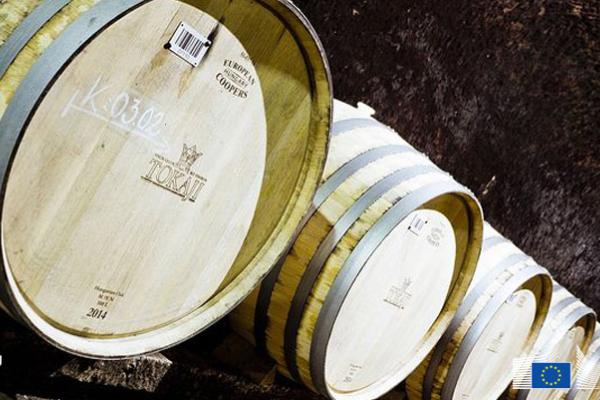
Tokaj wine was registered as a European Geographical Indication (GI) in Canada in April 2020. Thanks to its registration in Canada, Tokaj will now benefit from the protection afforded to European GIs under the CETA agreement.
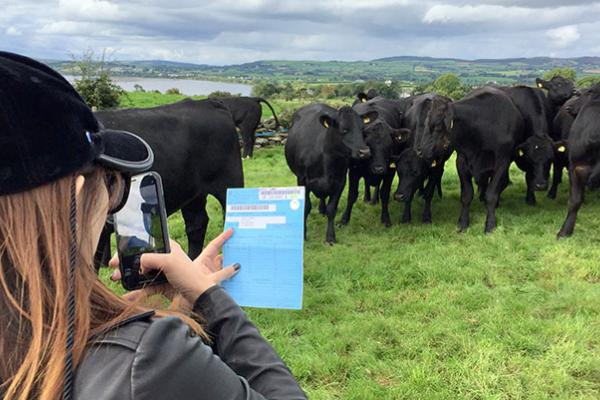
Bord Bia, the Irish Food Board, won the contract to promote EU beef, a project that is 80% co-financed by the EU.
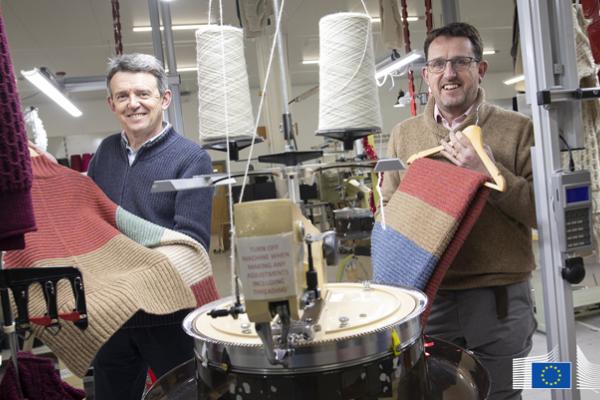
IrelandsEye designs, manufactures and is a wholesaler of Irish knitwear, for supply to Europe, the USA, Canada and Australia.

Trade agreements make it easier for smaller companies like Chapel Gate to grow and hire more people.
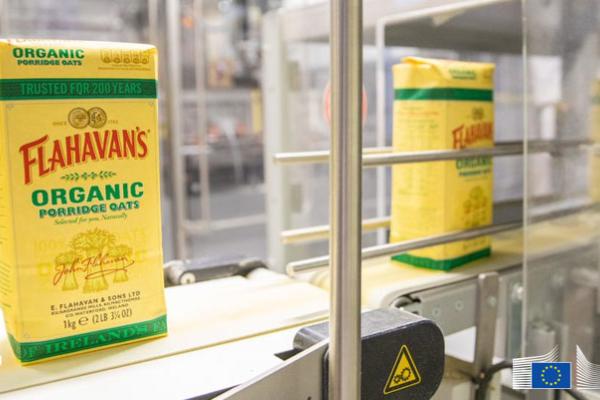
Flahavan’s produces finest quality porridge oats and wholesome natural oat-based products such as granola, muesli, flapjacks and more recently a range of oat drinks.
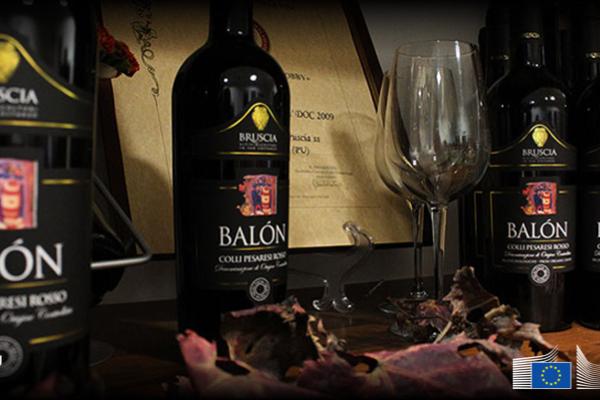
In recent decades, Bruscia has considerably developed to dedicate itself with extreme professionality and passion to wine production.
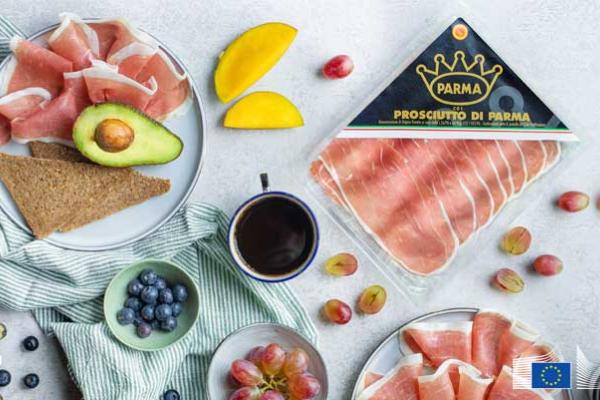
The protection of Geographical Indications in CETA has allowed Prosciutto di Parma to take full hold of its name in Canada. Since CETA, Canadian consumers buying a product called Prosciutto di Parma, and featuring the distinctive Parma Crown, are now guaranteed to get the authentic, 100% all-natural
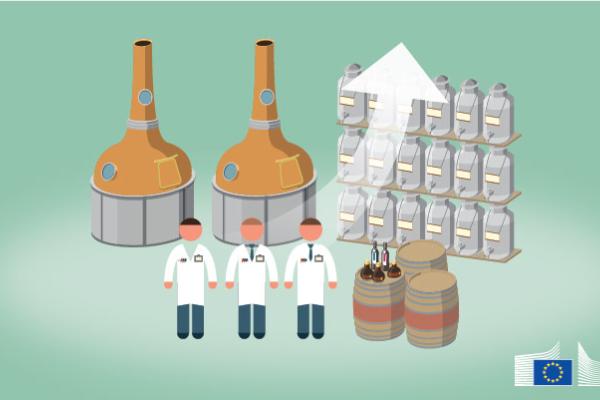
Mengazzoli is an Italian manufacturer of vinegar. The small company has been producing a large variety of vinegars since 1962. Ever since the EU-South Korea trade agreement entered into force in 2011, Mengazzoli has enjoyed a strong and steady increase in demand, tripling its revenue in that market.
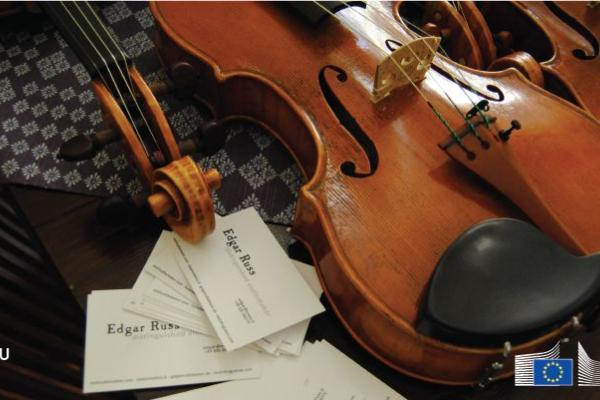
Sound of Cremona is a small artisan business that has been making high quality violins since 1990. It exports its goods all around the world. The EU-South Korea trade agreement was beneficial to Sound of Cremona, which saw its turnover there increase by 65% in the first first five years.
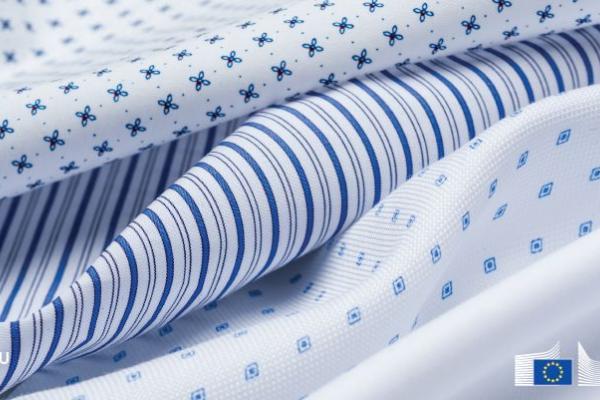
The Albini Group is an Italian manufacturer of fabric for shirts. In business since 1876 the Bergamo-based company exports to over 80 countries. It generates 70% of its turnover from exports and has benefited from EU trade agreements with partners around the world.
